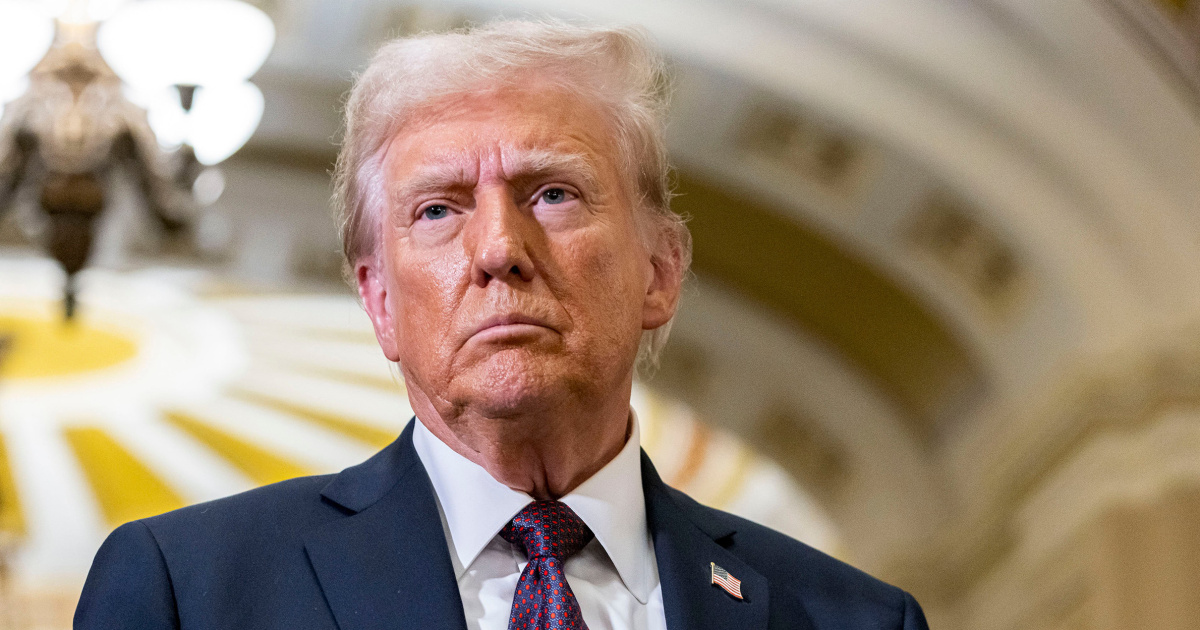Trump Plans Executive Order to Postpone TikTok Ban
In a surprising turn of events, former President Donald Trump has announced plans to issue an executive order that would delay the anticipated ban on TikTok, a popular social media platform widely used by millions of Americans. This decision has not only ignited discussions among users but has also raised eyebrows among policymakers and experts in technology and digital rights. As the debate unfolds, one thing is clear: TikTok’s future remains uncertain, and its implications for users are profound.
Understanding the Background of the TikTok Ban
The saga of TikTok in the United States has been tumultuous since the latter part of 2020. The app, owned by the Chinese company ByteDance, has faced scrutiny over its data privacy practices and potential ties to the Chinese government. Concerns have been raised about user data security, leading to threats of a ban if the company did not divest its U.S. operations to a domestic entity.
In August 2020, Trump signed an executive order aimed at banning TikTok unless it was sold to an American company. However, the legal battles that ensued, along with changes in administration, put a halt to those plans. With Trump’s recent announcement to postpone the ban, many are left wondering about the motivations behind this decision and its implications for the platform and its users.
What Led to the Decision to Postpone the Ban?
Several factors may have influenced Trump’s decision to delay the TikTok ban:
- User Base Influence: TikTok boasts a massive user base in the U.S., particularly among younger demographics. Millions of users rely on the platform for entertainment, creativity, and social interaction. The backlash from these users could significantly impact political agendas.
- Economic Considerations: The potential economic repercussions of banning TikTok, including job losses within the digital marketing space and the broader tech industry, may have played a role in the decision to postpone the ban.
- Political Strategy: Delaying the ban could be seen as a strategic move to garner support from younger voters, who have increasingly used TikTok as a platform for political expression and activism.
What’s Next for TikTok Users?
The postponement of the TikTok ban opens the door for several possibilities, both for the platform and its users. Here are some potential outcomes:
- Increased Regulatory Scrutiny: Users might experience more changes as regulators examine data protection and privacy policies more closely. This could lead to enhanced security measures on the platform.
- Continued Popularity and Growth: With the ban postponed, TikTok can continue to grow its user base. This could lead to more creative content and business opportunities for influencers and brands alike.
- Potential for New Partnerships: TikTok may seek partnerships with American companies to bolster its position in the market and alleviate concerns surrounding data security.
The Broader Implications of the Postponement
The postponement of the TikTok ban has broader implications beyond just the app itself. It touches on issues of digital sovereignty, user rights, and international relations:
- Digital Sovereignty: The ongoing debates around TikTok highlight the challenges countries face in regulating foreign technology companies. The need for clear policies and guidelines has never been more urgent.
- User Rights and Privacy: This situation emphasizes the importance of user rights in the digital realm. As users, individuals must remain vigilant about their data and the platforms they engage with.
- International Relations: The TikTok saga is reflective of the larger geopolitical tensions between the U.S. and China, demonstrating how digital platforms can become pawns in international politics.
User Reactions to the Postponement
User reactions to Trump’s announcement have been mixed. Many TikTok users expressed relief at the news, sharing their excitement about continuing to use the platform. For them, TikTok is more than just an app; it is a community where creativity thrives, and connections are made.
However, some users remain skeptical. Concerns around data privacy and the potential for future bans linger. Users have begun to question how their data is being handled and whether they can trust the platform moving forward.
The Future of Content Creation on TikTok
For content creators, the postponement of the TikTok ban signifies both opportunity and uncertainty. Many creators rely on the platform for their livelihoods, using it to promote products, share ideas, and engage with their audience.
As TikTok continues to thrive, we can expect:
- Innovative Content: Creators will likely push boundaries, experimenting with new formats, trends, and collaborations.
- Monetization Opportunities: With a stable platform, brands may invest more in influencer marketing, providing creators with more ways to monetize their content.
- Community Engagement: TikTok will continue to foster a sense of community, encouraging users to share their experiences and connect with others.
Conclusion: What Lies Ahead for TikTok and Its Users?
Trump’s plans for an executive order to postpone the TikTok ban have undoubtedly stirred the pot for users and policymakers alike. As the landscape of social media continues to evolve, it remains crucial for users to stay informed and engaged with the ongoing discussions surrounding their favorite platforms.
While the future of TikTok may be uncertain, one thing is for sure: the platform has become a significant player in the social media landscape, captivating millions and fostering a unique culture of creativity and connection. Users, creators, and policymakers must navigate this new reality with care, ensuring that digital spaces remain safe, inclusive, and vibrant for all.
As we look ahead, it will be interesting to see how TikTok adapts to regulatory challenges, user expectations, and the ever-changing digital landscape. Will it emerge stronger, or will the shadows of potential bans continue to loom? Only time will tell.
See more Future Tech Daily

